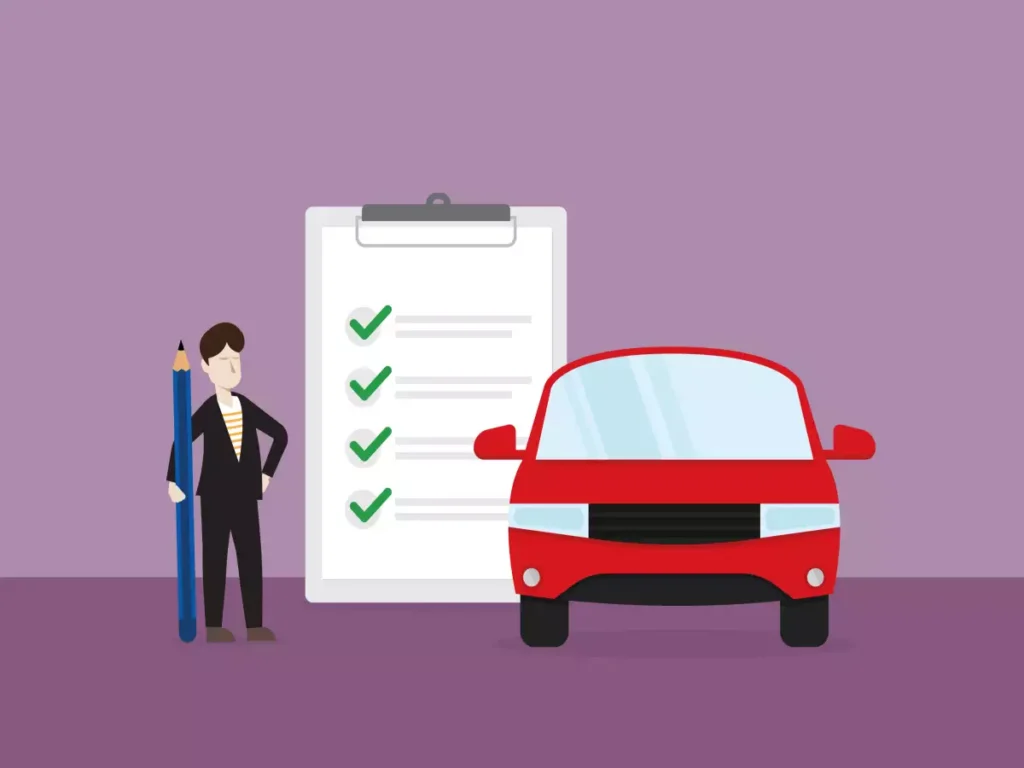Many Americans, stuck in the cycle of living paycheck to paycheck, struggle to set aside funds for retirement. Personal finance guru Dave Ramsey pinpoints a prevalent issue: hefty car payments. According to Ramsey, the inclination towards purchasing new vehicles rather than used ones significantly contributes to financial instability.

Data from Experian Automotive reveals a startling trend: 80% of new cars are acquired through leasing, with the average new car loan exceeding $40,000 and monthly payments around $738, spanning an average of 68 months. Dave Ramsey highlights the rapid depreciation of new cars, which lose about 60% of their value within five years, underscoring the financial imprudence of such purchases.
Reimagining Financial Priorities
Dave Ramsey argues that the funds typically directed towards car payments could instead bolster retirement savings. He suggests that by avoiding a $725 monthly car payment, individuals could channel this money into retirement accounts like a 401(k) or Roth IRA. Assuming a 12% average annual return, this strategy could potentially amass over $8.5 million in 40 years.

The Compounding Cost of Car Loans
The true cost of car loans extends beyond immediate financial outlay, impacting long-term financial health and retirement readiness. Ramsey advocates for a mindset shift, urging individuals to consider longer-term financial security over short-term gratification.
Dave Ramsey’s Alternative Approach
Instead of succumbing to the allure of new cars, Dave Ramsey proposes keeping your current vehicle longer and investing the would-be car payment into a money market account. For instance, saving $725 monthly for two years could yield over $17,000, plus the trade-in value of your current car, enough to buy a reliable used vehicle outright.

Extending the Life of Your Vehicle
Dave Ramsey also encourages people to drive their cars even longer than planned, adding to their savings. “What if you really get into the spirit of saving and add $725 a month to your fund for five years?” Ramsey posits. By then, you could have $43,500 plus your trade-in value, enough to purchase a “new ride” in cash.
The Long-Term Benefits of Ditching Car Payments
Eliminating car payments is not just about immediate savings but about enhancing financial security and ensuring a stable retirement. Ramsey asserts that the peace of mind in retirement comes not from luxury vehicles but from diligent planning and financial discipline.
“No car—no matter how fancy—can give you peace of mind in retirement. That kind of security comes from having a plan and following through with it,” Ramsey concludes, emphasizing the profound impact of prioritizing financial health over material possessions.


